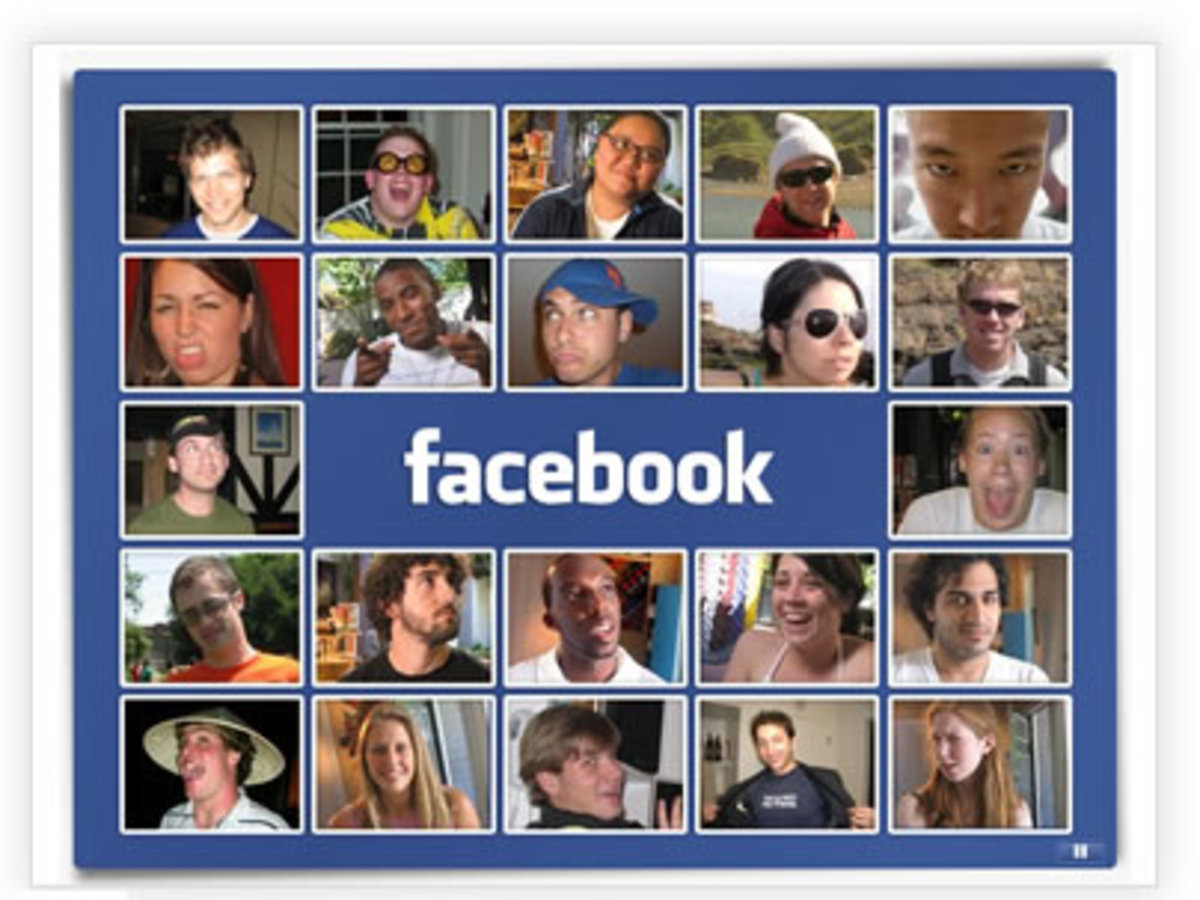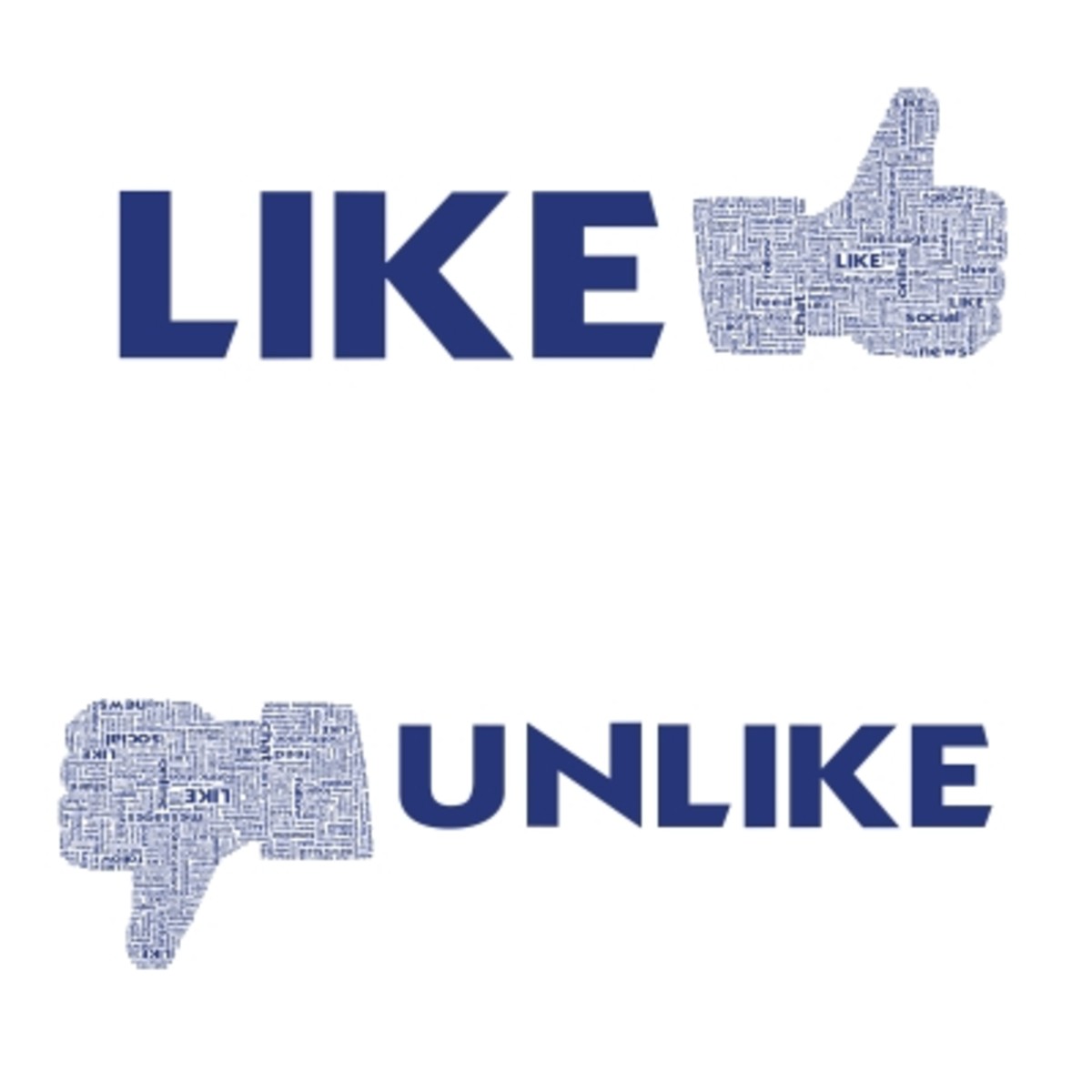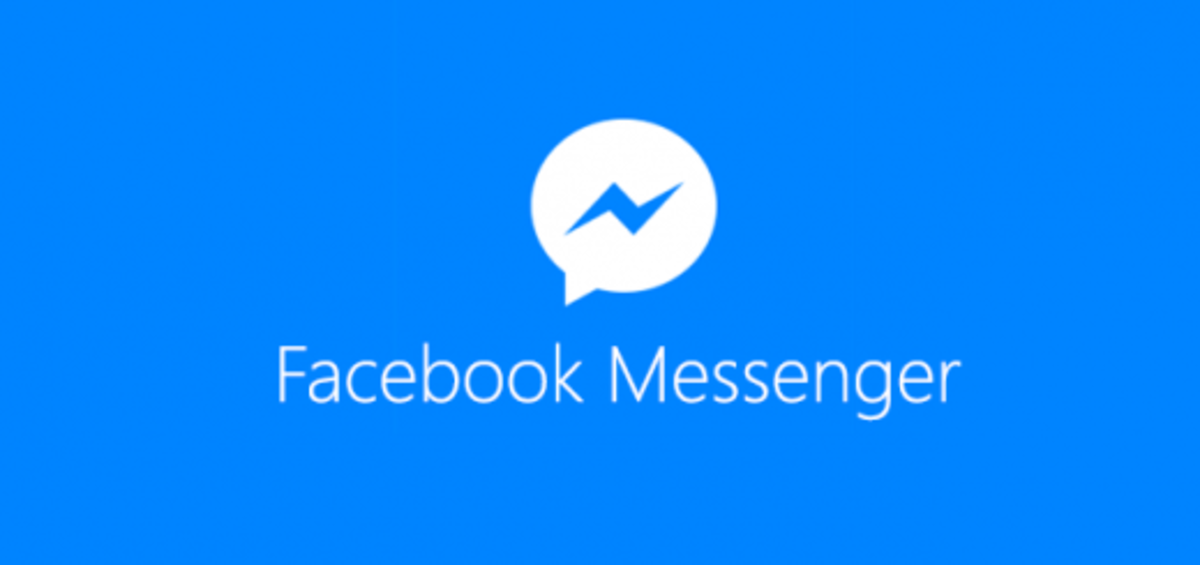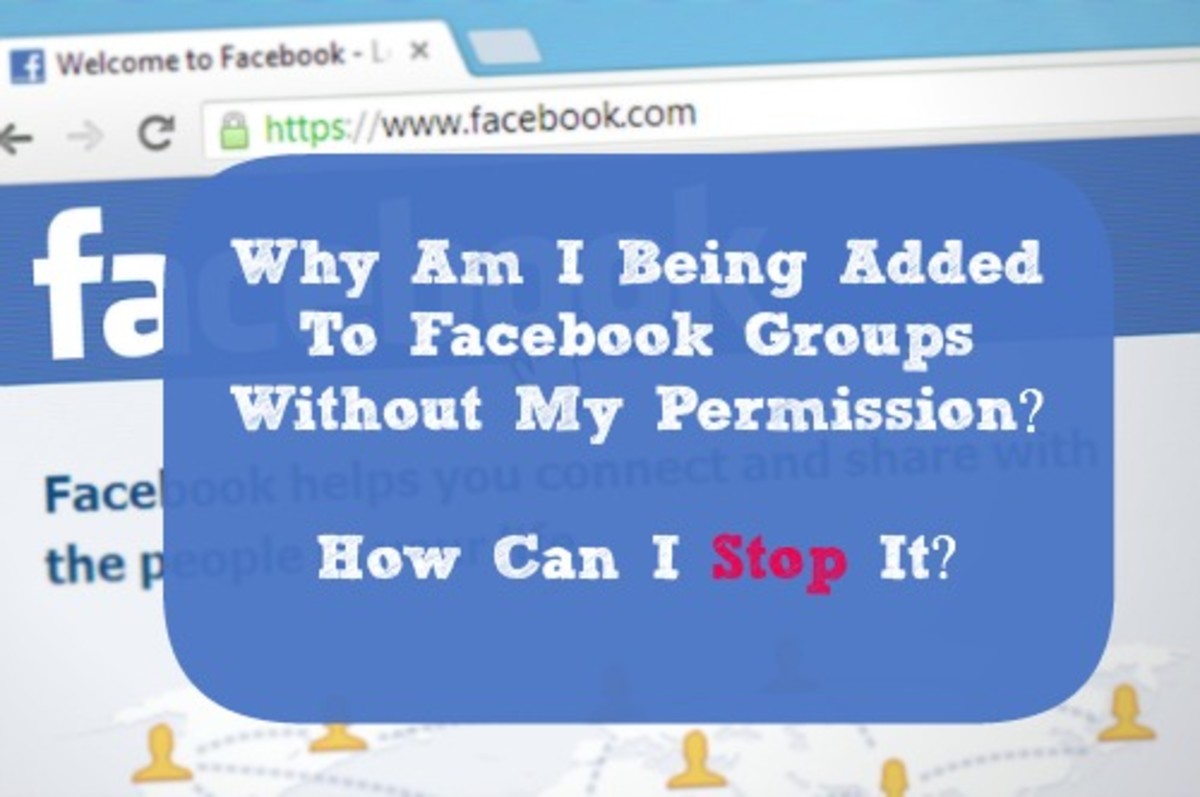- HubPages»
- Technology»
- Internet & the Web»
- Social Networking
Children on Facebook: The Dangers of Cyberbullying
Teach your children well
Years ago, parents usually had to rely on teachers, friends, and other parents to keep an eye on their kids out in public. My own mother would warn my siblings and me to behave at the pool or at the mall “because I know people everywhere, even people you don’t know.” She wasn’t lying. There was a whole network of strangers out there who might come up to us and say, “Hey, how’s your mother doing?”
Today in the Internet age, moms and dads will see when their kids use foul language, share racy jokes and photos, and talk to people they shouldn’t. With Facebook use expanding across all age groups, young users may potentially have a slew of aunts and uncles, family friends, and grandparents checking out their profiles.
The creators of Facebook were aware when they opened the site to the general public that ensuring users are over age 13 would be a challenge. As much as young users hate their parents “spying” on their profiles, for many of these preteens it’s a condition of their joining social-networking sites. Many parents insist on being their children’s Facebook friends, too. Even mature users reported some awkward aspects of friending parents. The best thing about Facebook, according to a 26-year-old man, is easy dating. The worst: “My mom finds out who I’m sexing up.” Another man in his late twenties heard a lecture from his father about alcohol use shortly after he posted his New Year’s Eve photos.
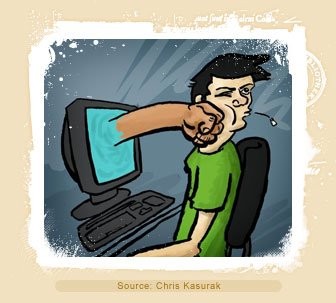
Do you know what your kids are doing online?
Parents cannot be too assured of their children’s online safety and behavior, however. A 23-year-old woman saw her younger brother, age 12, post an inappropriate status update and informed their mother. In the end, the brother deleted both of them from his network. Facebook now allows users to block their profiles, in part or in whole, from certain people, so it is conceivable that they could hide certain aspects of their life from others. Parents, no matter how computer-savvy, should assume that their children know even more. And with troubling reports of “sexting” (sending sexually-provocative text messages, often including pictures) and cyberbullying appearing on the news, many parents are increasingly wary of their children’s use of social media.
Cyberbullying
The stories of teens assaulted by a barrage of cruel messages through texts, e-mails, and IM and Facebook messages seem to be appearing at an increasing rate. Cyberbullying, the ugly side of online social media, is a serious problem that schools and parents are just now starting to recognize. According to a 2007 report by PEW Internet & American Life Project, about a third of teenaged Internet users have been bullied online. Girls and users of social-networking sites are more likely to report being cyberbullied than other teens, and the forms of harassment range from annoying to hostile. The report stated that
The most common form of online harassment was the forwarding of messages presumed to be private, experienced by 15% of teens surveyed. About 13% of teens said someone had spread a rumor about them online. An equal number reported receiving a threatening or aggressive e-mail, IM, or text message. Some 6% acknowledged that someone had posted an embarrassing picture without permission. (Claburn)
While face-to-face bullying may still be more prevalent than the online kind, the impersonal nature of cyberspace may allow for more thoughtless viciousness. It’s far easier to be cruel to someone via cellphone or laptop than directly to her face. For Phoebe Prince, a 15-year-old student in Massachusetts, the unrelenting bullying at school and through texts and Facebook was too much for her to bear. In March 2010, nine of her classmates were charged with criminal harassment following Prince’s suicide in January (Goldman).

Brave new world
Facebook doesn’t have to be a danger to children and young people. With proper parental guidance, users as young as preteens can enjoy chatting and networking with friends and classmates. Many children see making a profile as a rite of passage, an entry into a larger cyber world. Common sense is the most useful tool in safeguarding young users—parents should teach their kids not to share sensitive information (address, phone number, etc.) on their profiles and to share with their parents any troubling online contact. Beyond that, Facebook will likely remain an influential form of communication and interaction for teens and everyone who used to be a teen.
Works Cited
Claburn, Thomas. “Cyberbullying Common, More So At Facebook and MySpace.” Information Week 27 June 2007. InformationWeek.com. Web. 6 Apr. 2010.
Goldman, Russell. “Teens Indicted After Allegedly Taunting Girl Who Hanged Herself.” ABC News 29 Mar. 2010. ABCNews.com. Web. 6 Apr. 2010.
Other Facebook topics
- Teachers and Facebook: Know the Risks
Teachers have always been held to a higher standard of moral and professional conduct. Now several teachers are facing recriminations for what they post on Facebook and other websites outside the classroom, whether or not students have access. Should - The Facebook News Feed Controversy of 2006
In 2006, the launch of the News Feed feature on Facebook led to a widespread panic and protest over a perceived loss of privacy control. Users of social-networking sites need to feel in control of how the information they post is shared with others. - Facebook Religion: What do users say about their beliefs?
How much do Facebook users share about their religious beliefs and why? Facebookers discuss their reasons for disclosing personal information on their profiles. - The Nature of Facebook Friendships
What is the difference between real-life, face-to-face friendships and Facebook friendships? Discover how social media has affected the way we communicate and relate to our friends. - How Intimate are Facebook Relationships?
How well do you know your friends based on their Facebook profiles? If you spend all your time keeping up with hundreds of friends on social-networking sites, will your real-life, face-to-face friendships suffer as a result?

